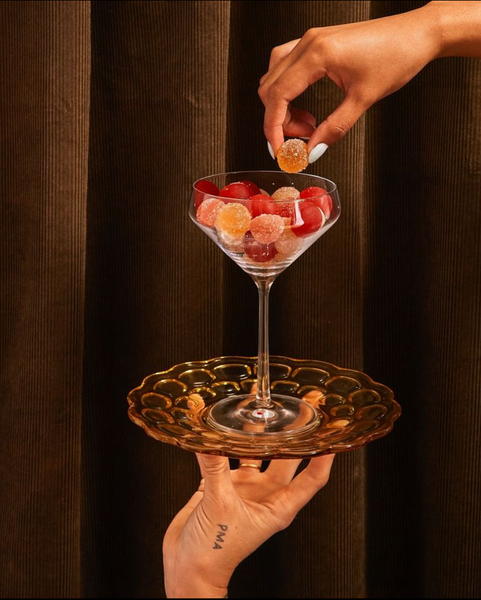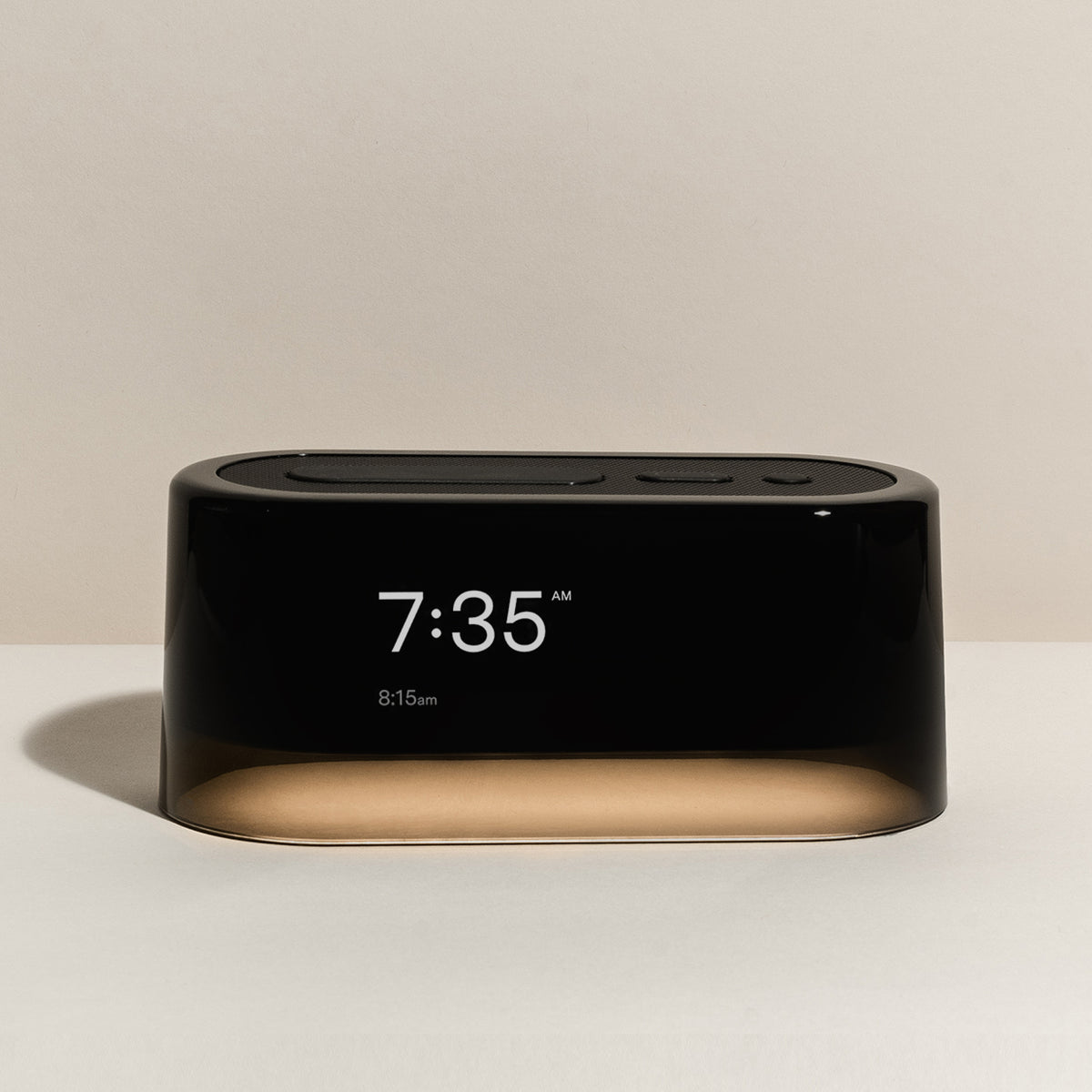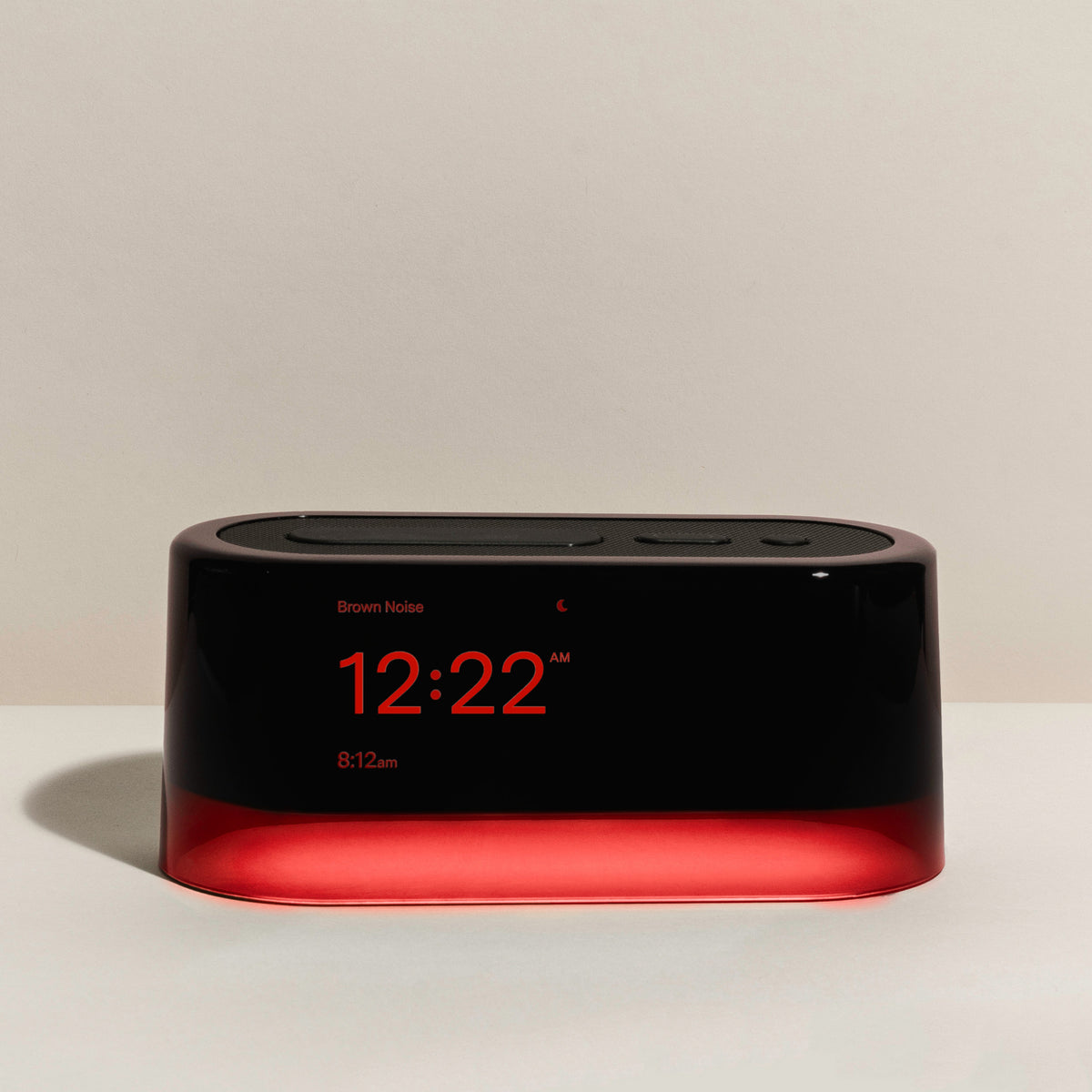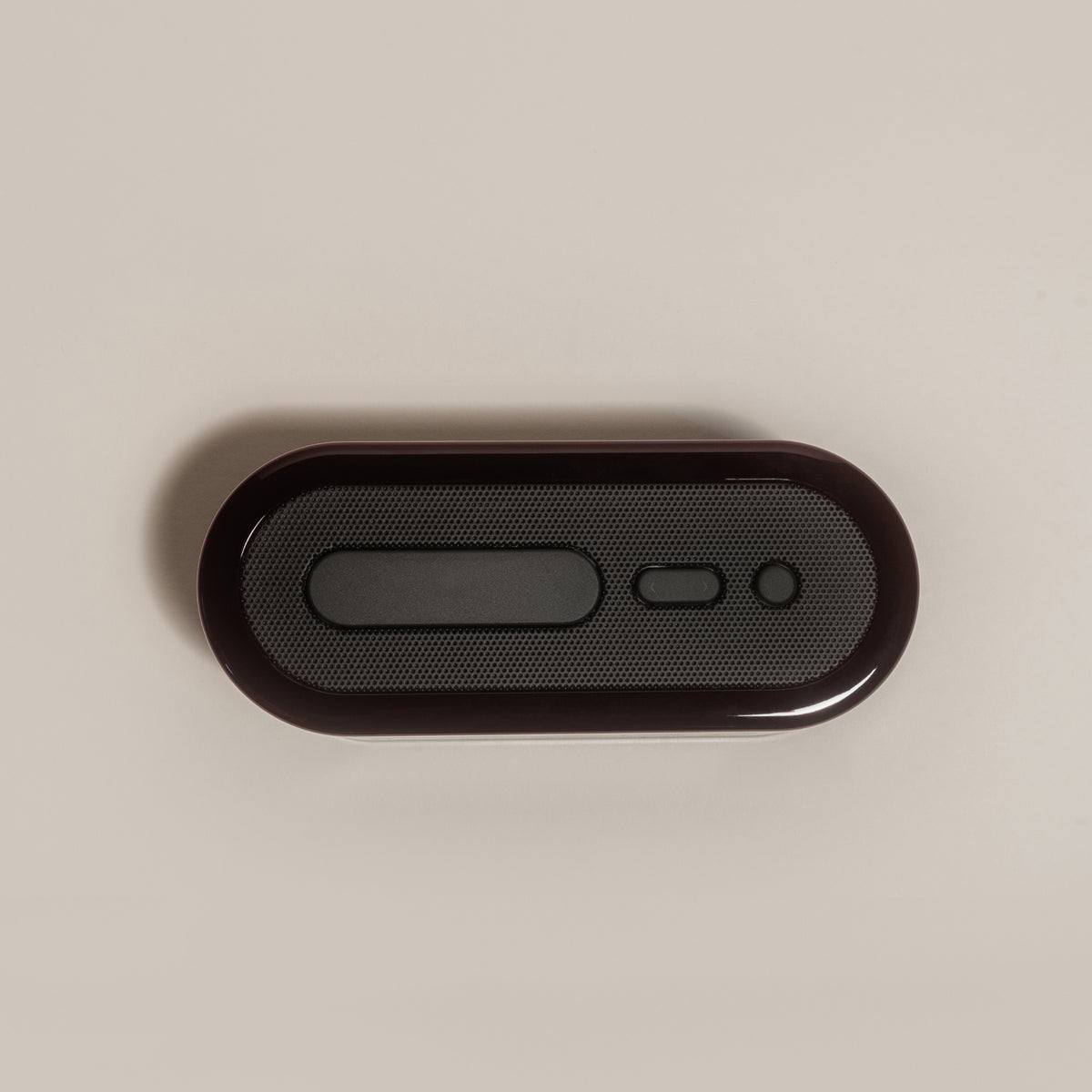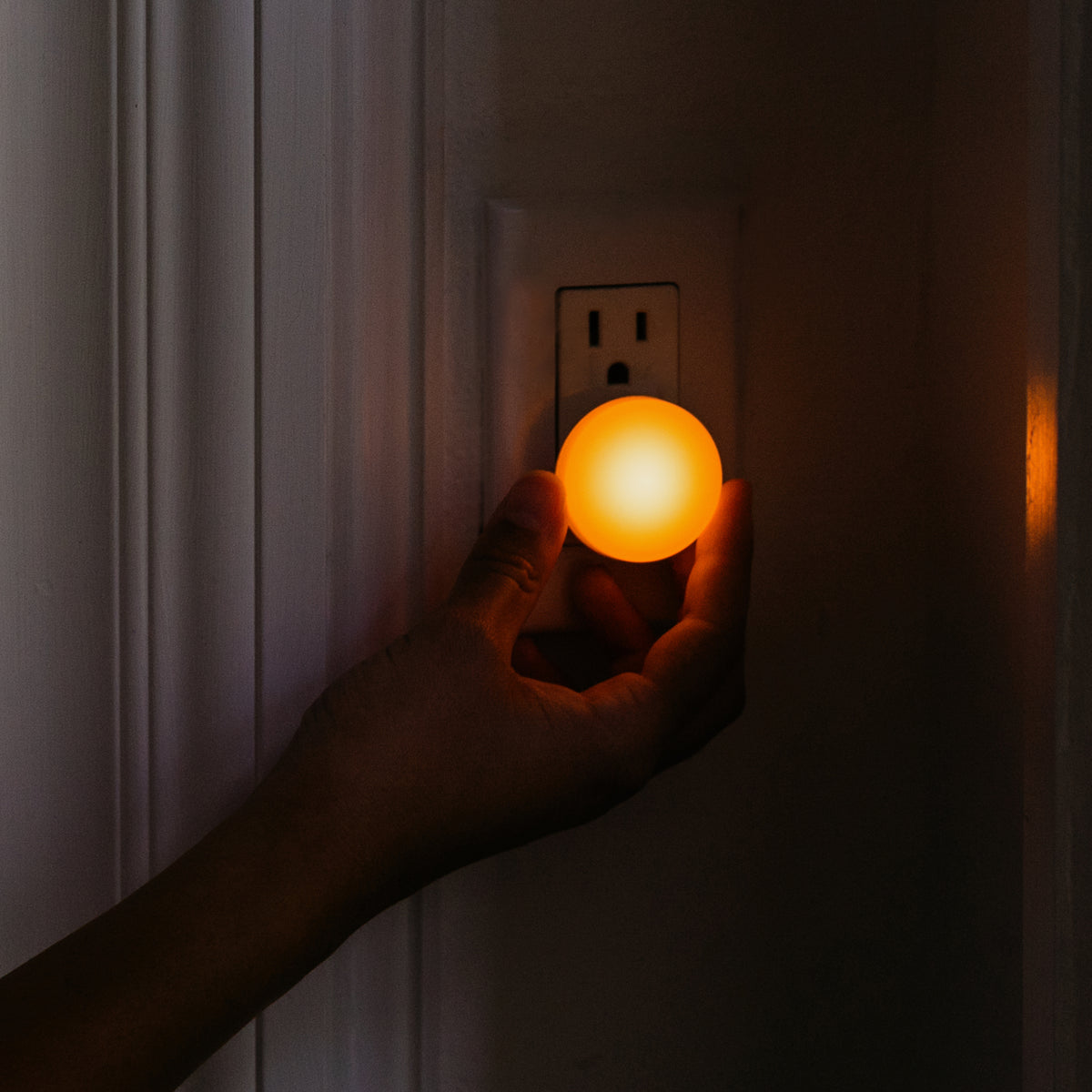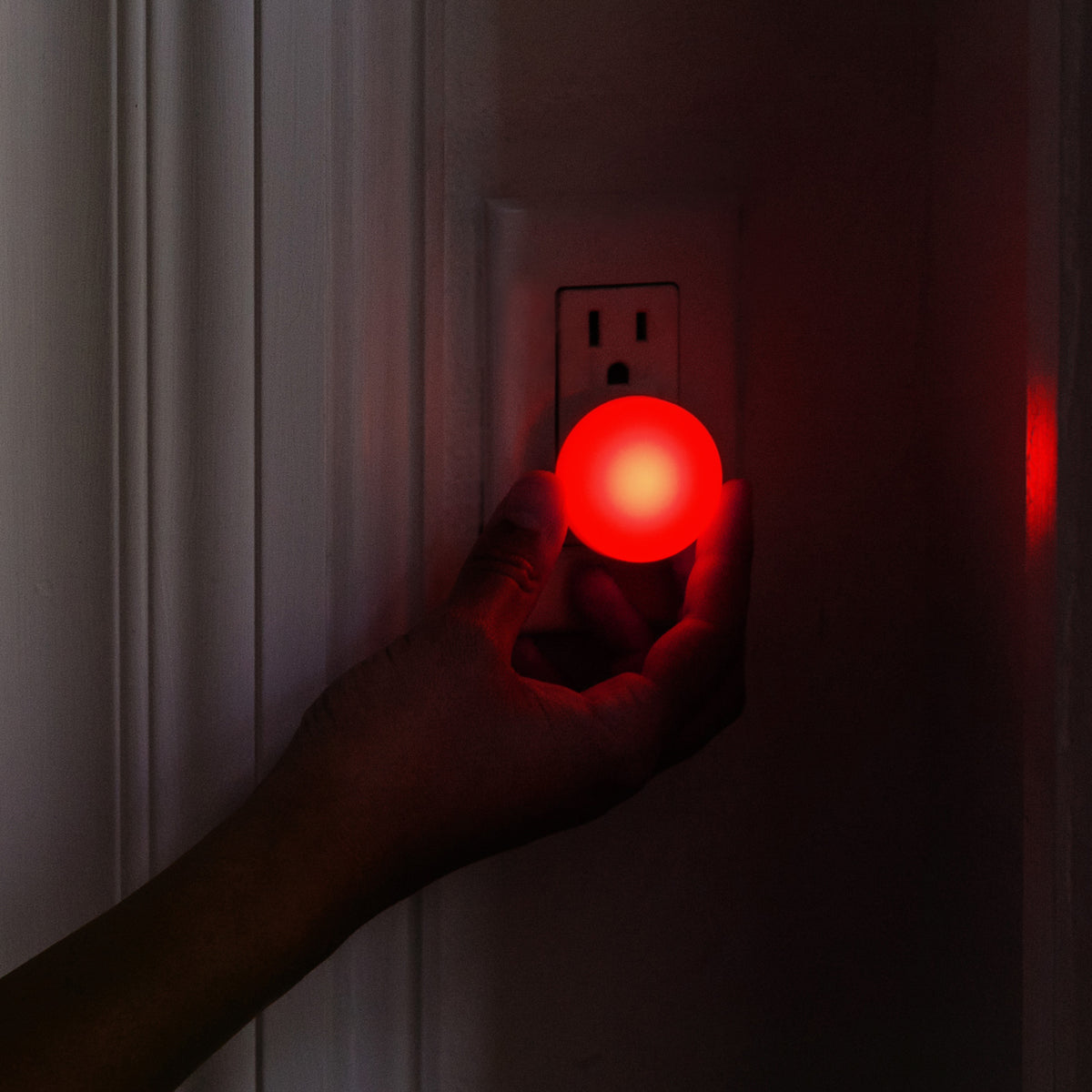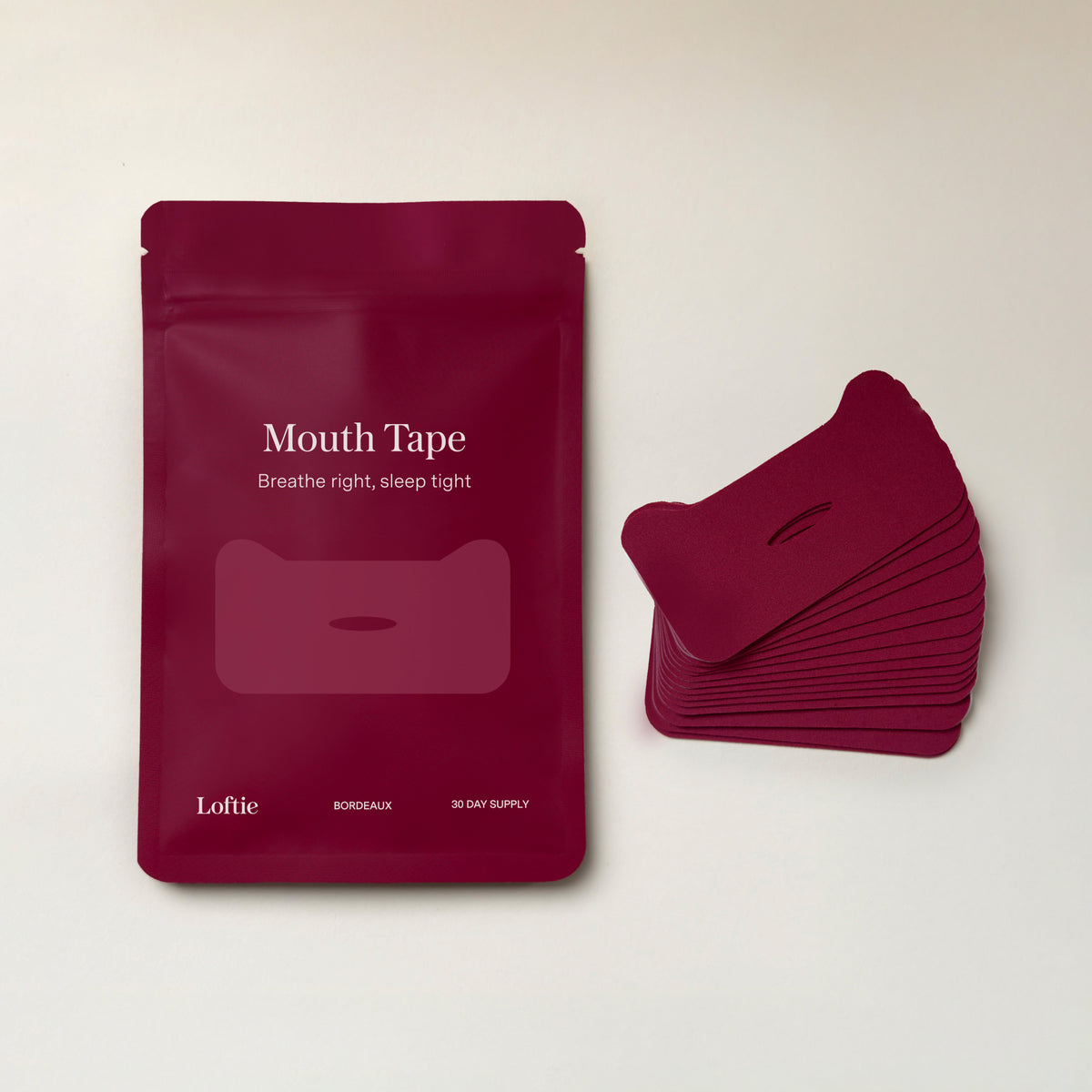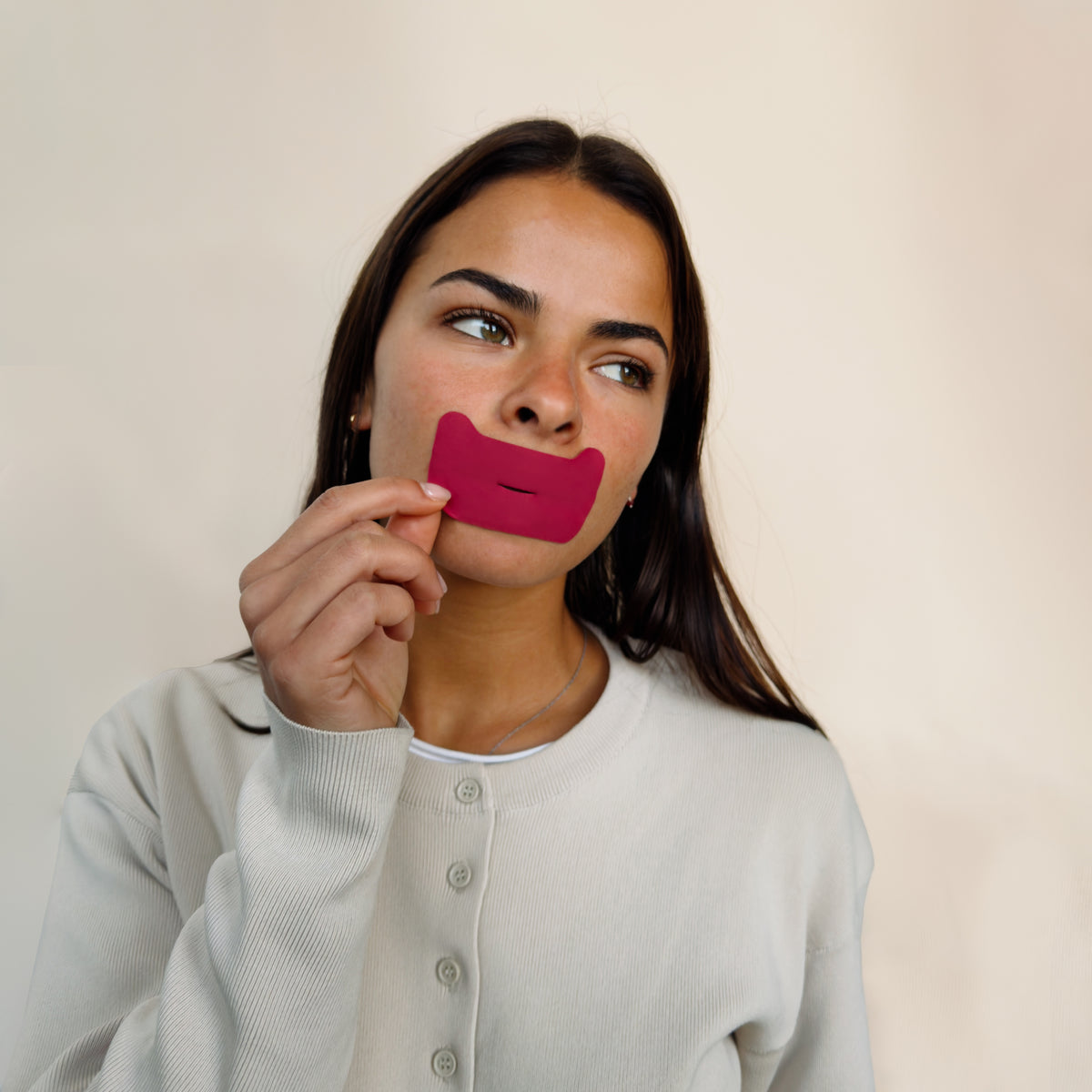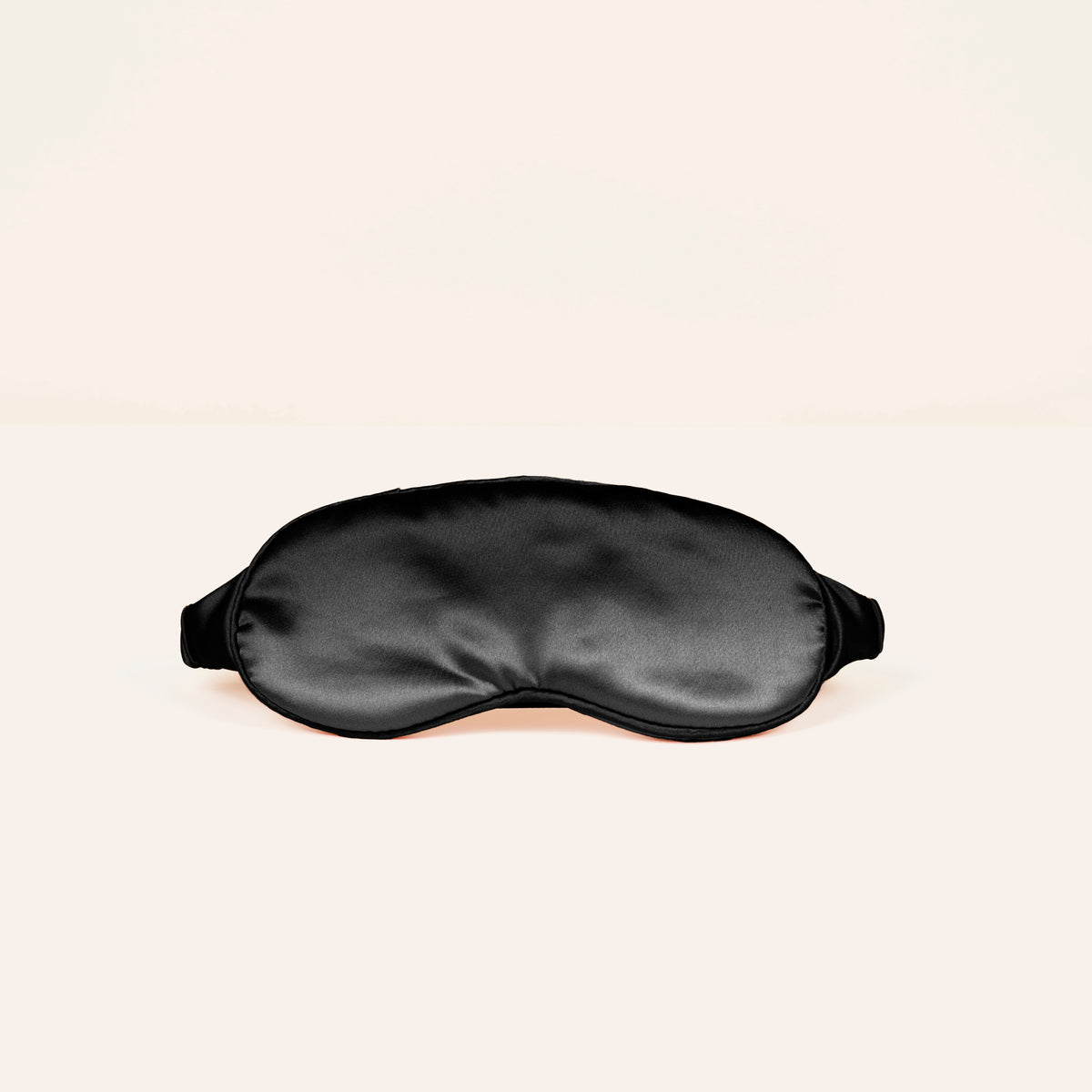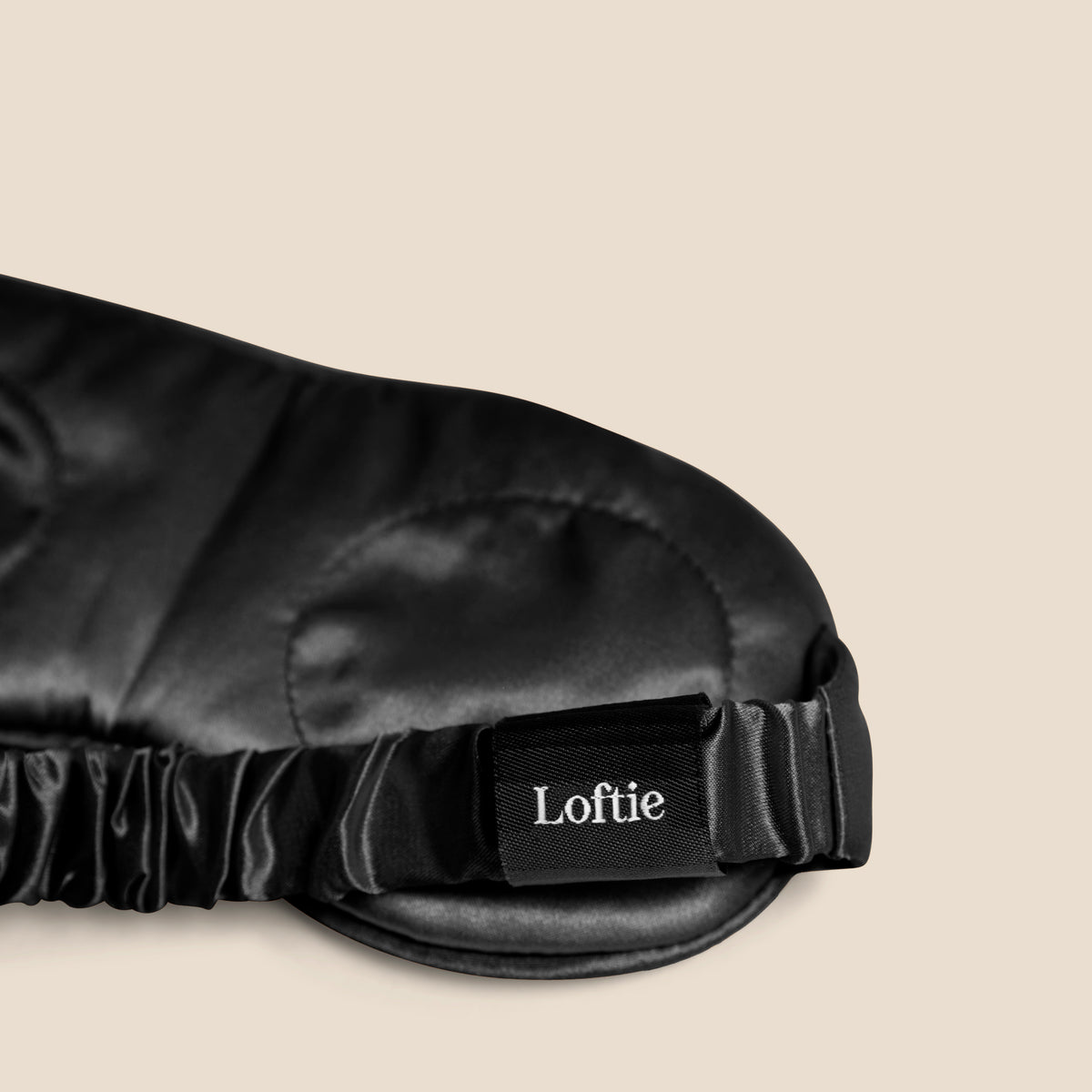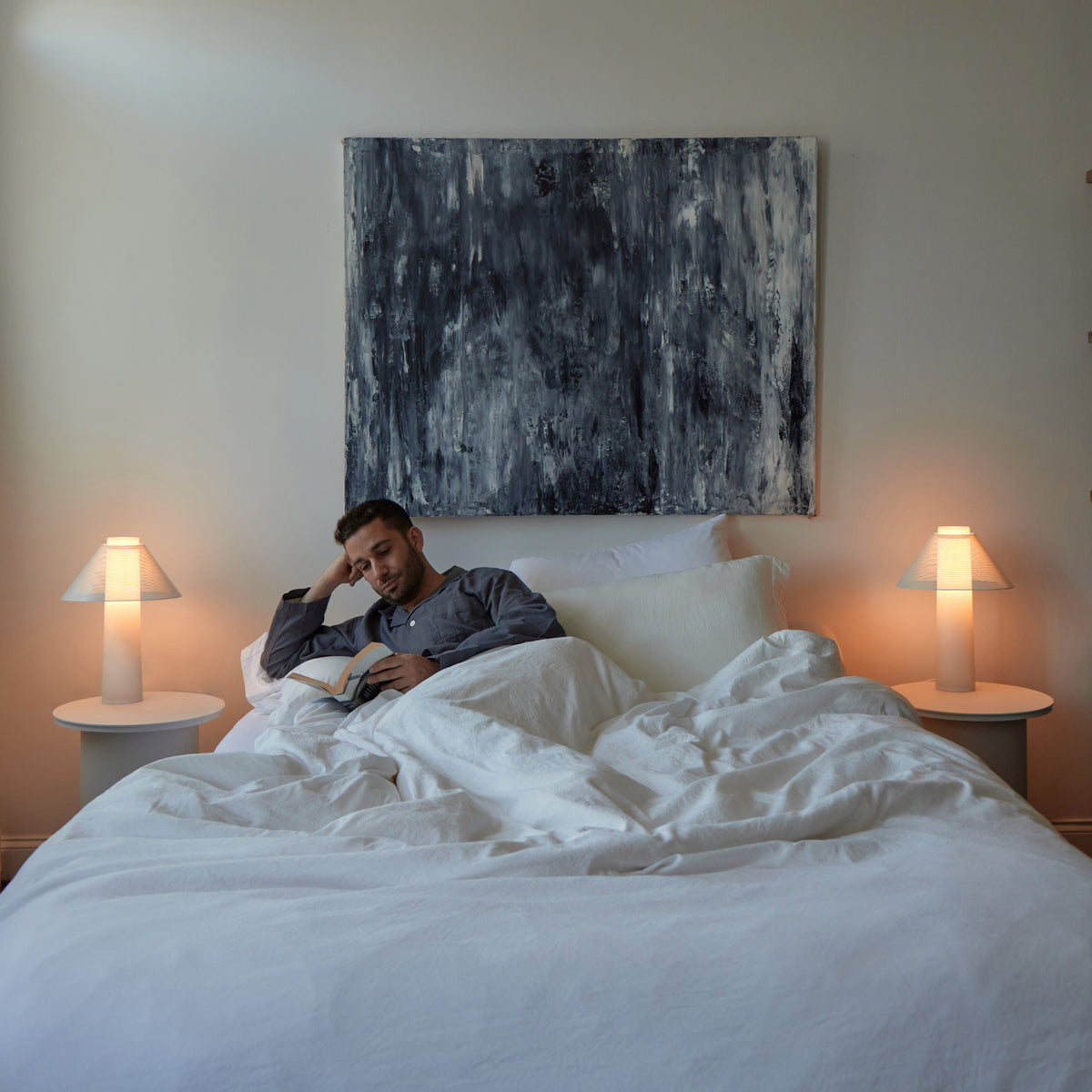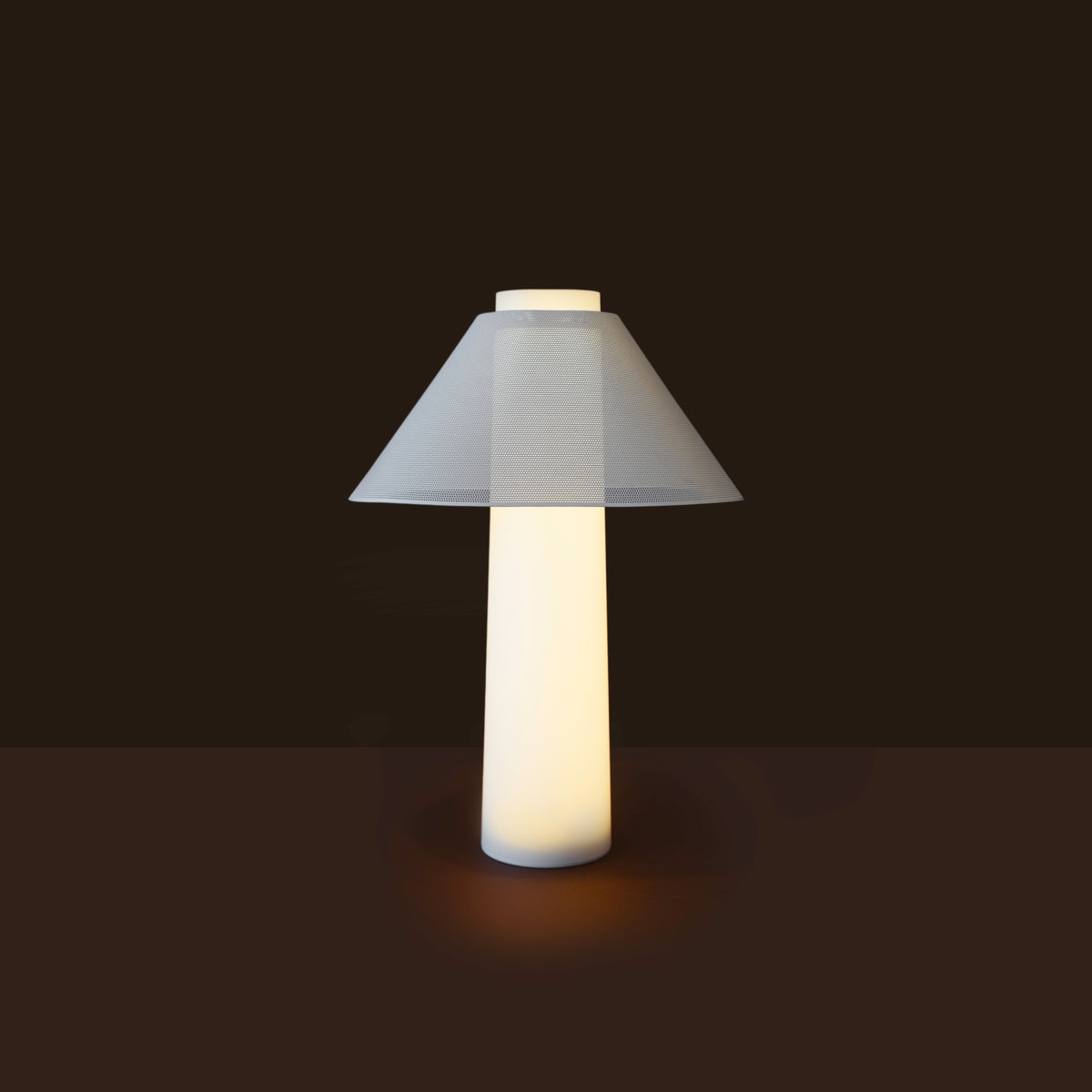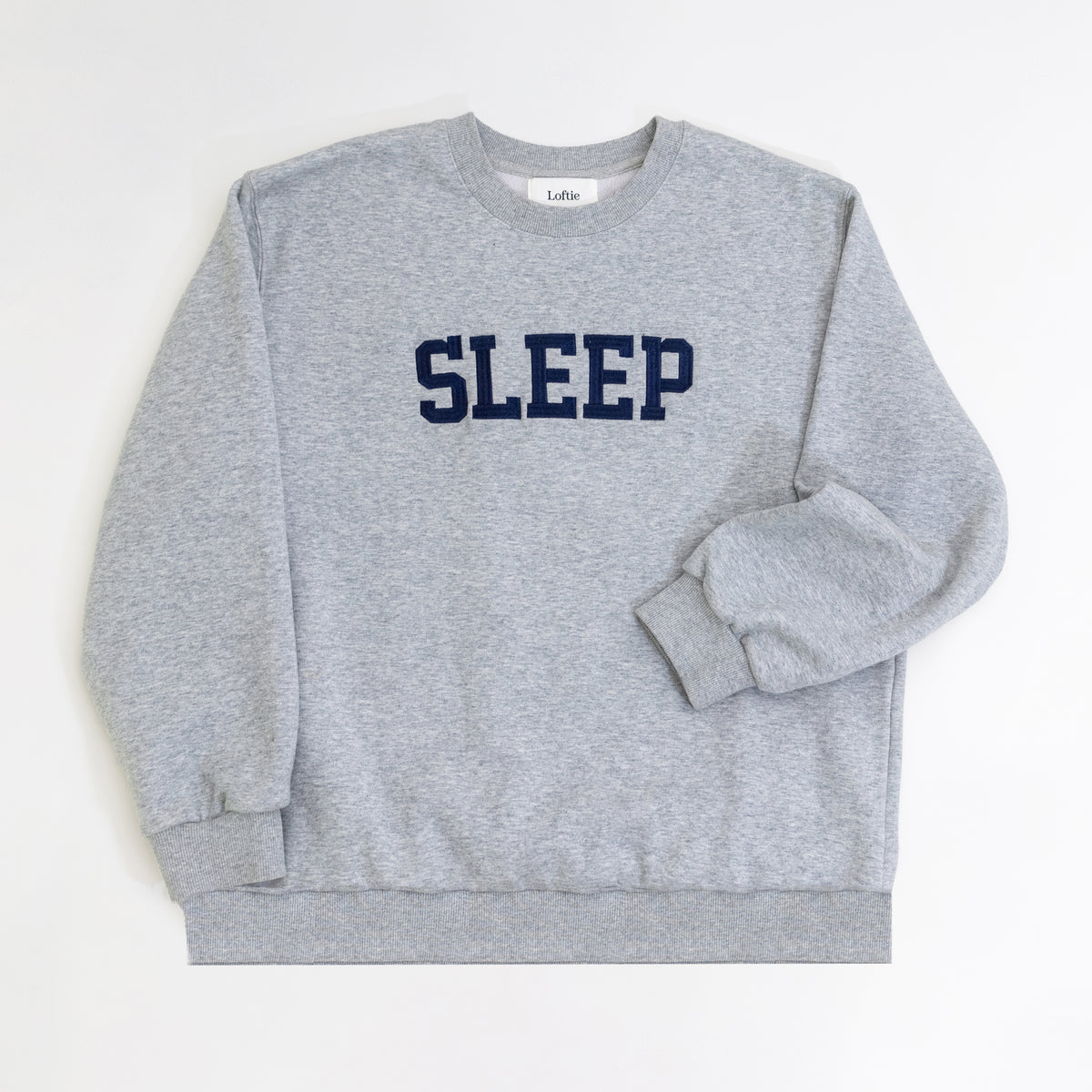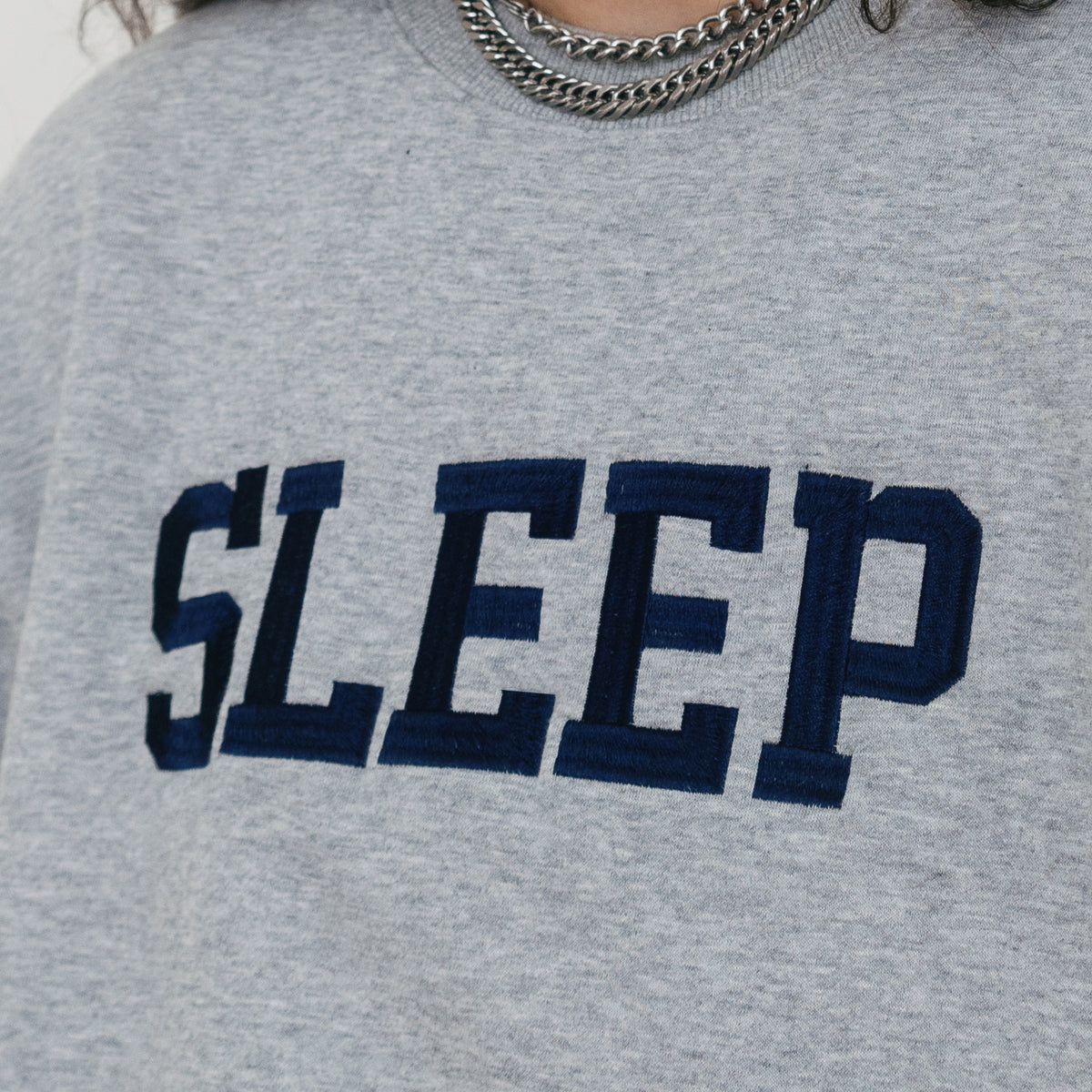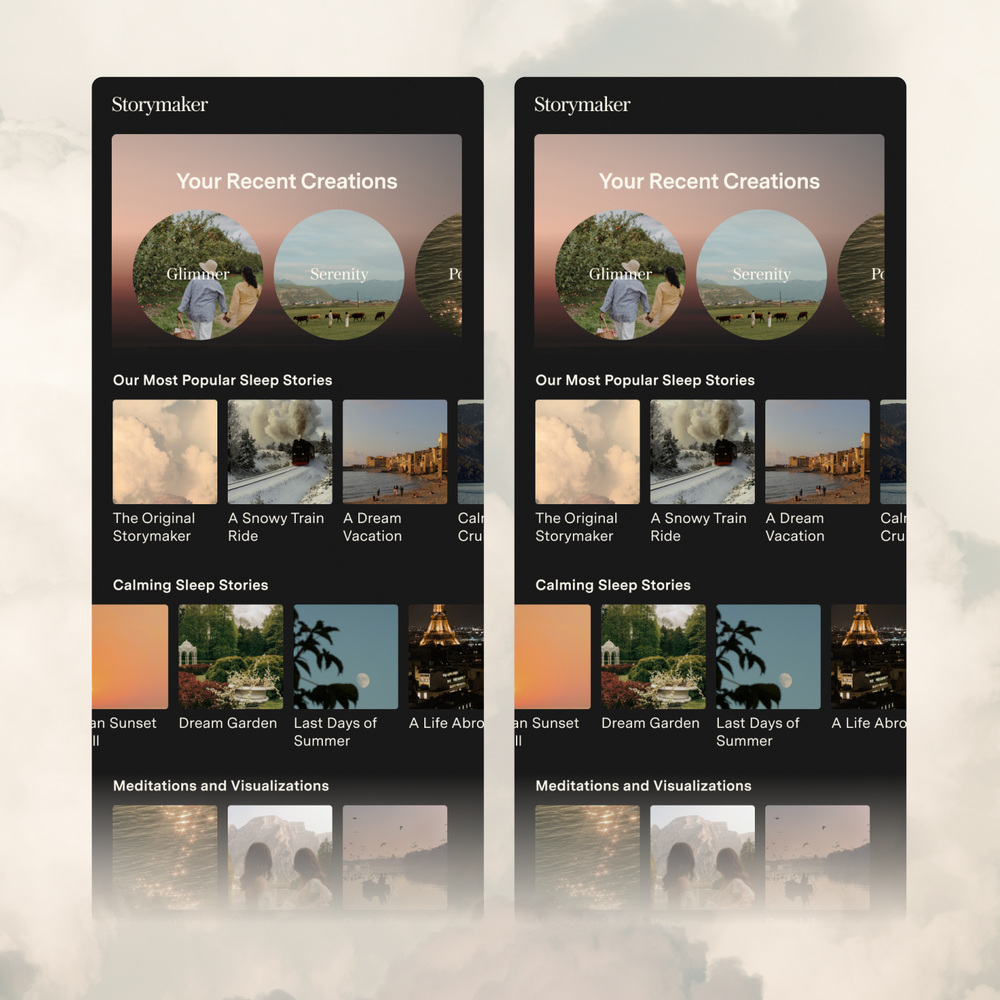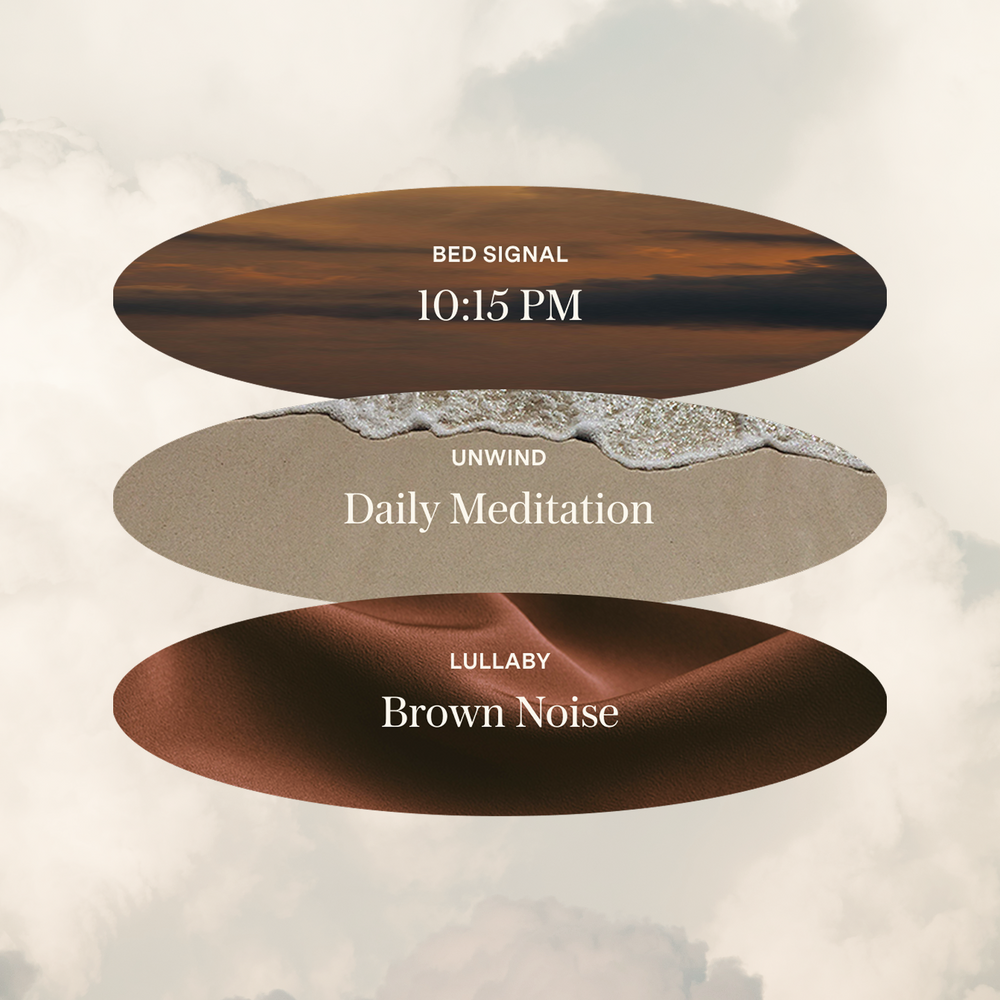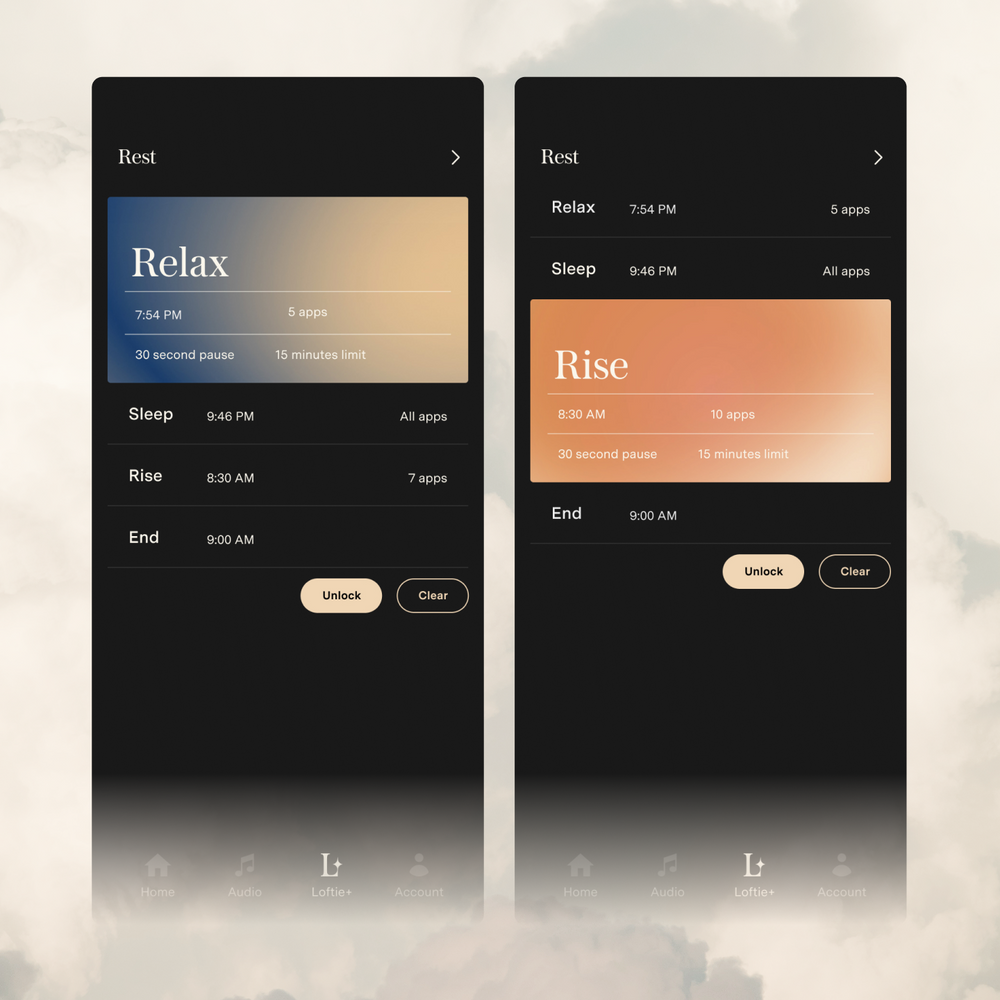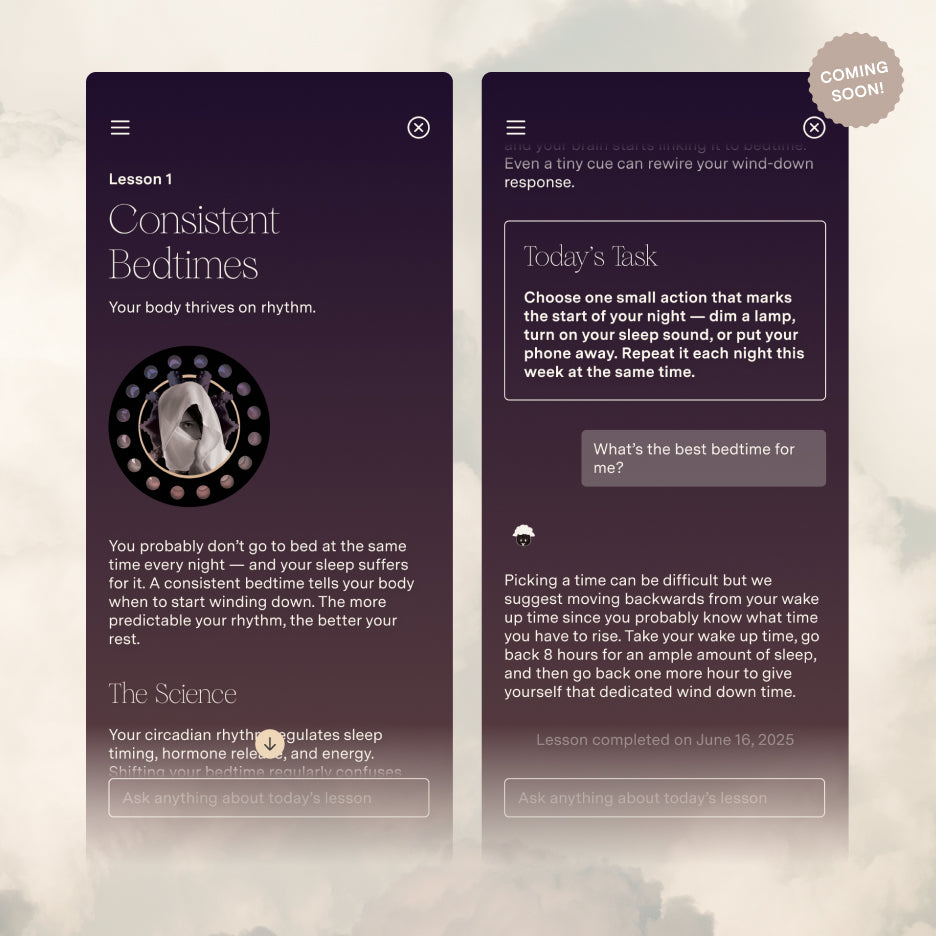CBD has been touted as having all the “chilled out” feelings of cannabis, minus the experience of being “high.” Depending on who you talk to, that might be a benefit or it might be a drawback. We’re not gonna weigh in there. But we’d love to talk about CBD’s possible use as a relaxation and sleep aid.
While there’s no silver bullet to deep sleep, one of the best places to start is with the body. What we feel on the outside is often what’s internalized on the inside, and common ailments like stress, anxiety, and depression can create chemical imbalances in our body that make it impossible to achieve high quality sleep.
We all know that our bodies have a series of systems — the Nervous System, Digestive System, Immune System — but what some might not know is that we have one ‘grandmaster’ system called the Endocannabinoid System (ECS) whose sole job is to work with all the others to maintain balance, or homeostasis. Think of the other systems like members of a band and the ECS is the audio engineers sitting at that booth in the back of the concert hall, making sure everyone’s levels are where they should be. And yeah, sure, if it helps, you can picture someone in the crowd lighting a joint next to the booth. That’s fine.
The ECS is made up of receptors located all over the body (in the mind, in the body, in the skin), and your body creates natural chemical compounds known as cannabinoids (notice any similarities to another certain word?) to connect with those ECS receptors like a lock and key to maintain balance.
If our bodies are not creating the natural cannabinoids we need — which is what happens with anxiety, stress, migraines, menstrual cramps, etc. — it loses that homeostasis. If we lose our homeostasis, our quality of sleep is severely compromised. It’s a science-y way of saying “it’s tough to sleep when you’re stressed.”
So does CBD help? How?
Great question. First, try to keep in mind that there is still so much that we don’t know about both CBD and the ECS. After over a hundred years of prohibition, researchers are just now starting to study the cannabis plant to determine what it can do for the human body. Because this research is ongoing, any statements about cannabis and cannabinoids like CBD have not been evaluated by the Food and Drug Administration and any products with these ingredients are not intended to diagnose, treat, cure, or prevent any disease.
With that in mind, there are some early findings worth noting. The most exciting discovery is that the cannabis plant is made up of over 100 cannabinoids, each with their own strength and purpose. Fascinatingly enough, these cannabinoids can ’sub in’ for the cannabinoids your body isn’t making, and connect with the receptors in your ECS to restore homeostasis.
When it comes to sleep, two cannabinoids in particular – CBD and CBN – are gaining traction as potentially effective supplements to help the body wind down. CBD, the second most prevalent cannabinoid in the cannabis plant, may help prevent your natural cannabinoids from breaking down in the first place, keeping the body in balance. CBN, a rarer cannabinoid, has shown to have sedative properties that could relieve conditions like insomnia. Both CBD and CBN are showing exciting potential to help the body and mind realign into balance for a night of deep sleep.
Are there different types of CBD? Of course! Just like many types of green tea or chocolate, there are many variations in the substance and production of CBD, and in some ways, the CBD industry is still a wild wild west where regulatory oversight is minimal and, unfortunately, brands are mislabeling, mismarketing, and misspeaking regularly.
So it’s important to have a little foreknowledge if you’re thinking about trying it. It never hurts to call an expert. Your doctor is the best place to start. We’d also love to introduce you to our friends at MollyJ. They were founded by Shaina Kerrigan who, as anyone who has done the same might agree, really needed a little help sleeping better after having two kids. In starting the company, she quickly found that hesitancy to try CBD came from lack of education (and the misinformation that CBD could get you high) were keeping more people from experiencing its benefits.
But that’s not the case here! Check out this explanation things to consider when choosing CBD from our friends at Molly J.
Buy Broad or Full Spectrum CBD.
CBD can come in a range of forms including:
- Isolate: (sometimes marketed as “pure CBD” or "100% CBD") which has been extracted from the plant alone. Because it doesn’t have the other cannabinoids in the plant to create the Entourage Effect, it is considered significantly less effective and should be avoided.
- Full Spectrum: which is CBD plus the whole plant, including THC. This is a much more effective form of CBD but not a great option for those who may be sensitive to THC or do not want to feel high before going to sleep.
- Broad Spectrum: CBD plus the whole plant, minus THC. Also a more effective form of CBD, and a great option for those looking to drift off to sleep without feeling high.
Make sure the product has an updated and accurate Certificate of Analysis.
Any reputable manufacturer will invest in a 3rd party analysis of its products and will display those certificates on their website. Make sure to look for:
- Potency: The amount of CBD on the label matches the certificate.
- Cannabinoid profile: The spectrum on the label also matches the certificate (ie, a full spectrum should show multiple cannabinoids with THC whereas an isolate will only show CBD).
- Cleanliness: That there are no heavy metals, pesticides, or solvents in the product.
- Certificate legitimacy: That the lab who produced the certificate is a 3rd party (not the manufacturer themselves), is based in America, and the certificate is up to date.
Look for high levels of CBD
Your body needs a lot more CBD than you’d think. Because it’s non-psychoactive, CBD can be consumed in much higher quantities than THC. Every body is different and your dosage should vary based on the severity of the ailment, but a good rule of thumb is a range of 1 to 6mg of CBD for every 10 pounds of body weight. So:
- A low strength dosage is 1mg for every 10 lbs
- A moderate strength is 3mg for every 10 lbs
- A high dosage is 6mg for every 10 lbs.
Okay, you’re informed, you’re educated, and you’re ready to try out a new product. If only we did this process for choosing diet soda! (The final choice would be to probably stop drinking diet soda.)
CBD is becoming more and more available in dispensaries, pharmacies, and even grocery stores. Availability will depend on your state. Or, per our recommendation, check out MollyJ to order flavored CBD gummies straight to your home. They’ve got blends of CBD, CBN, and melatonin to help relax and get deep sleep.
Pssst. Use code LOFTIE10 for 10% off Molly J order *exclusions apply*


